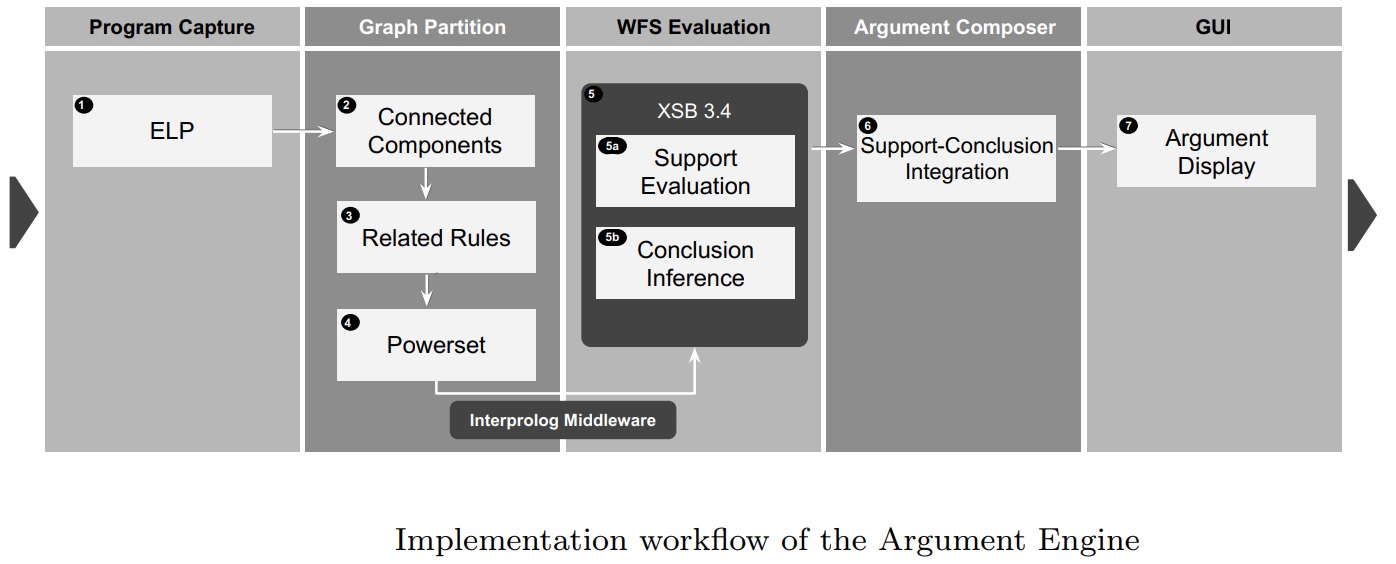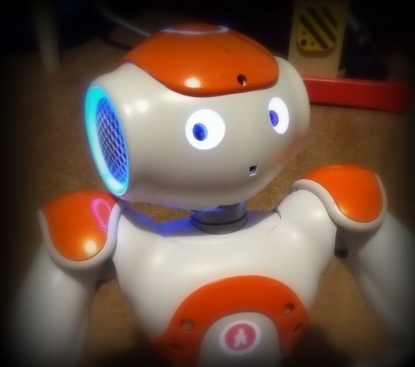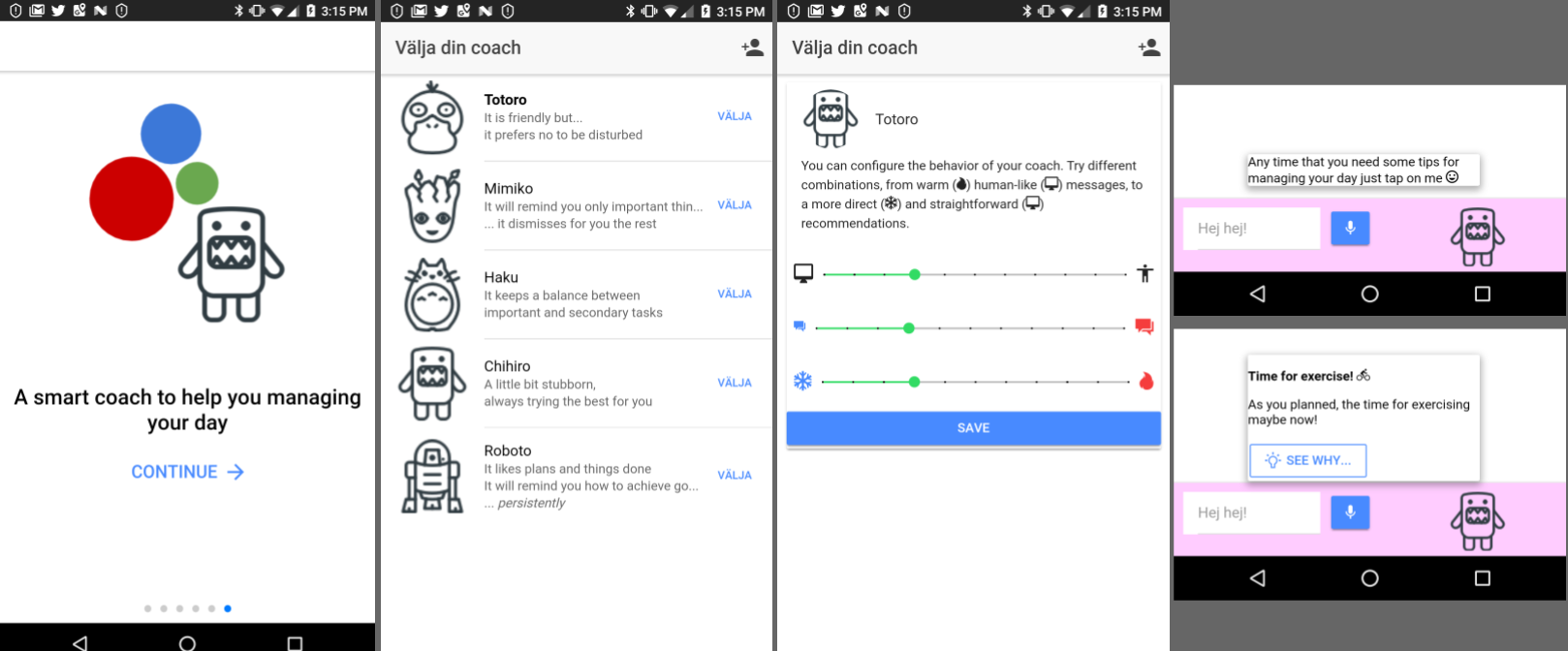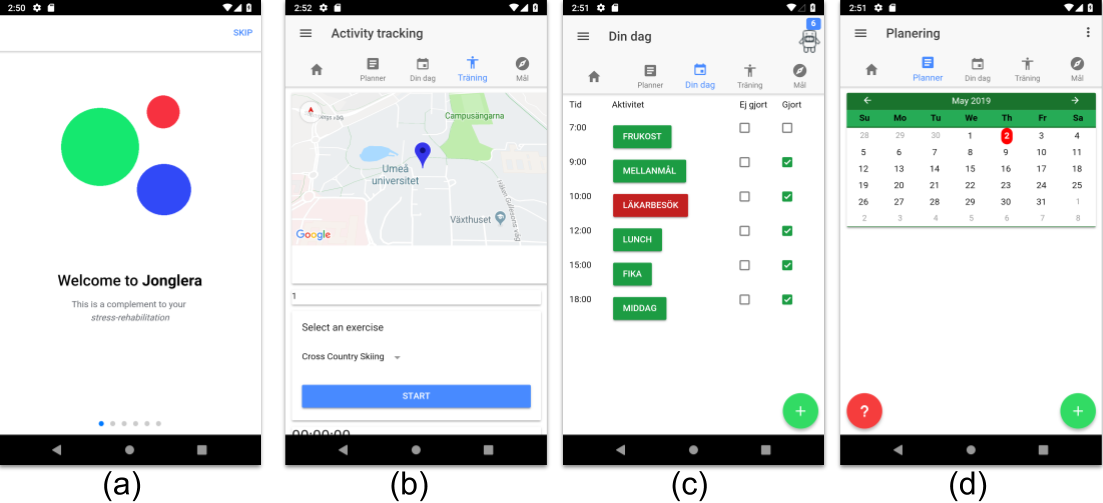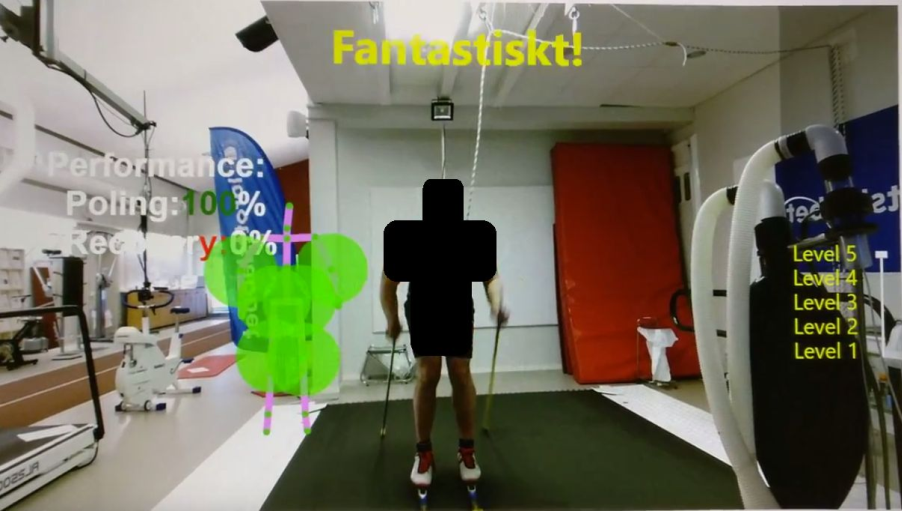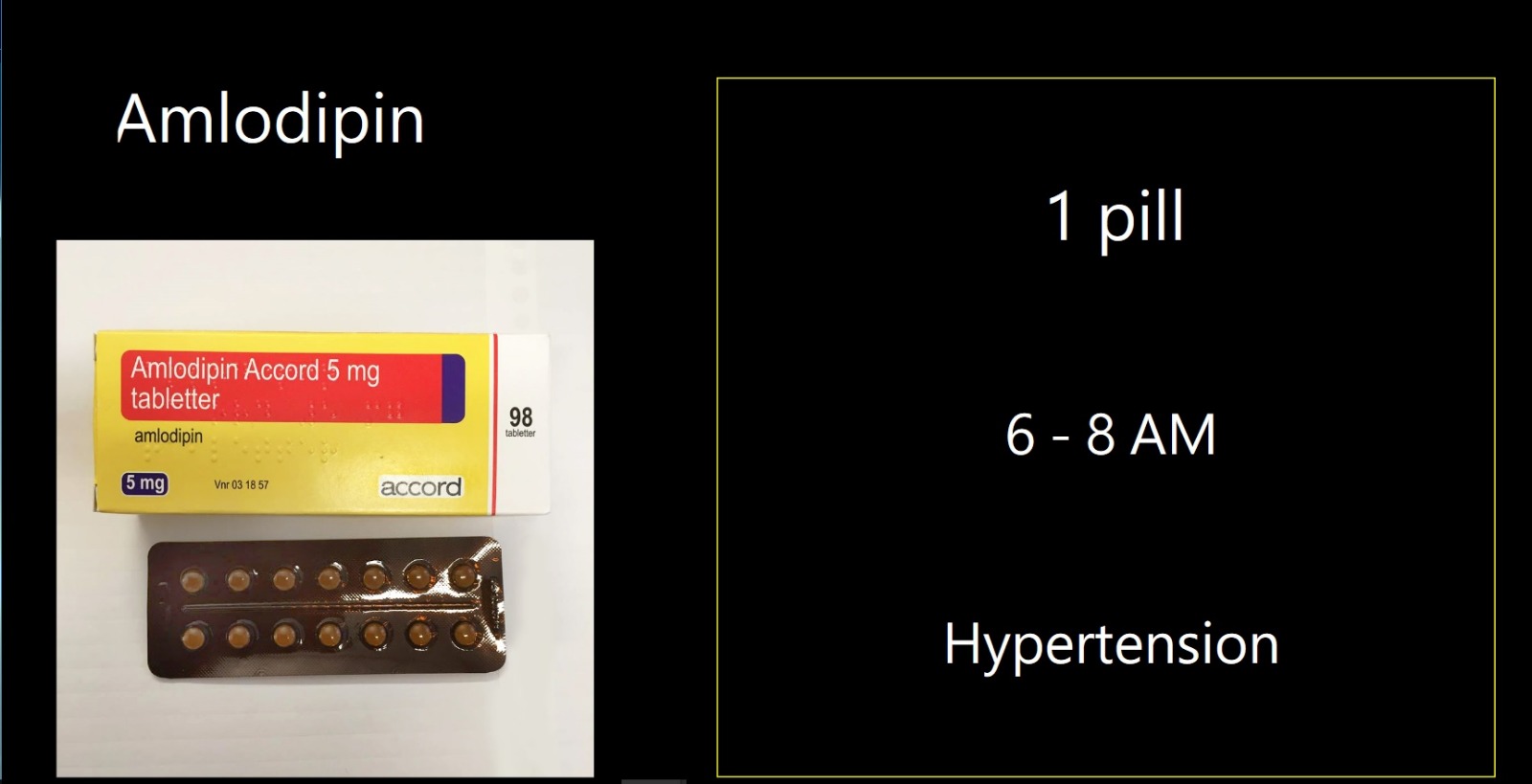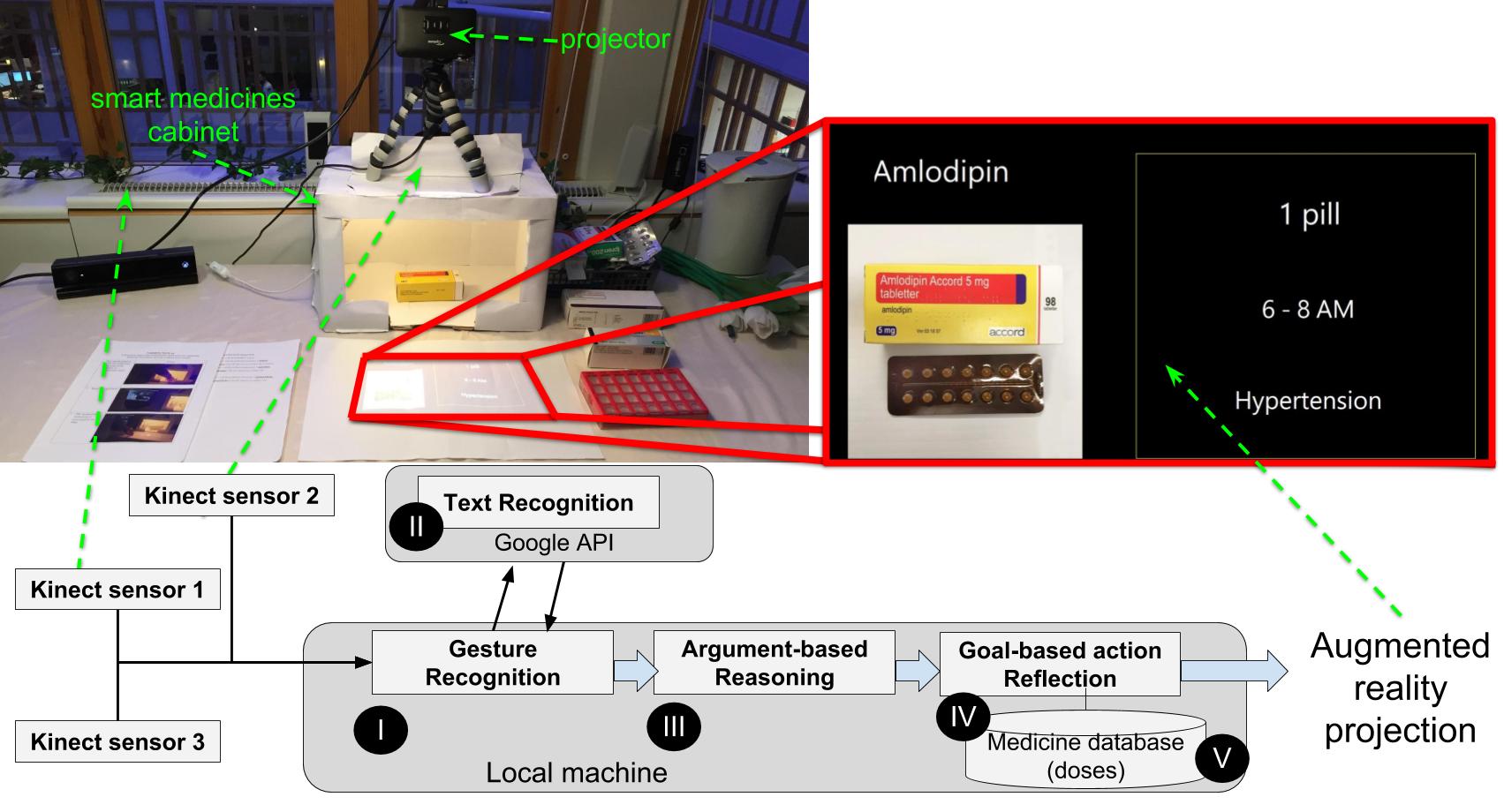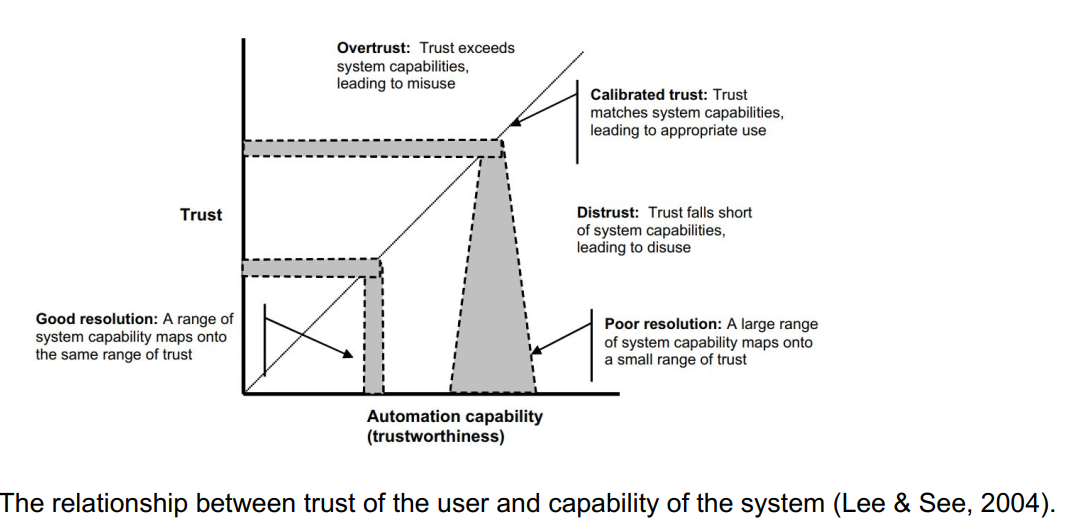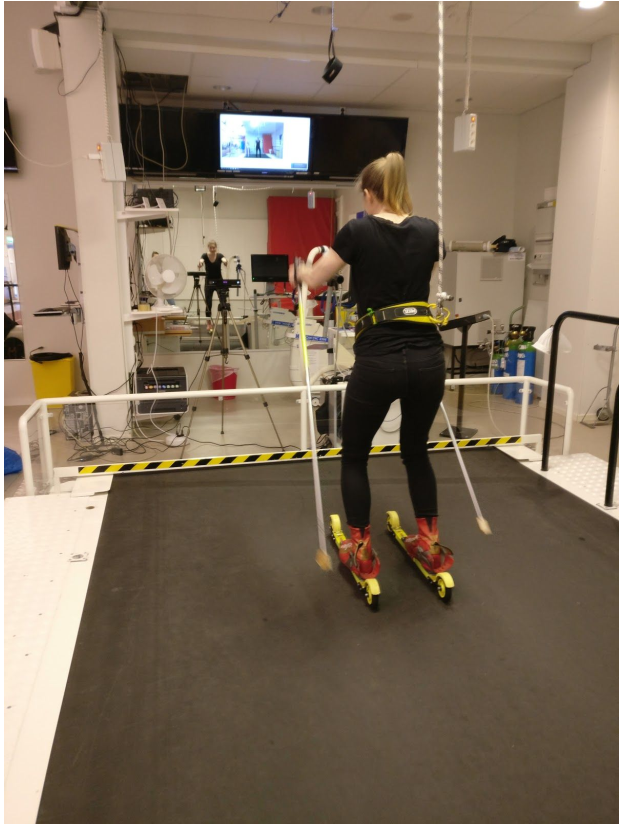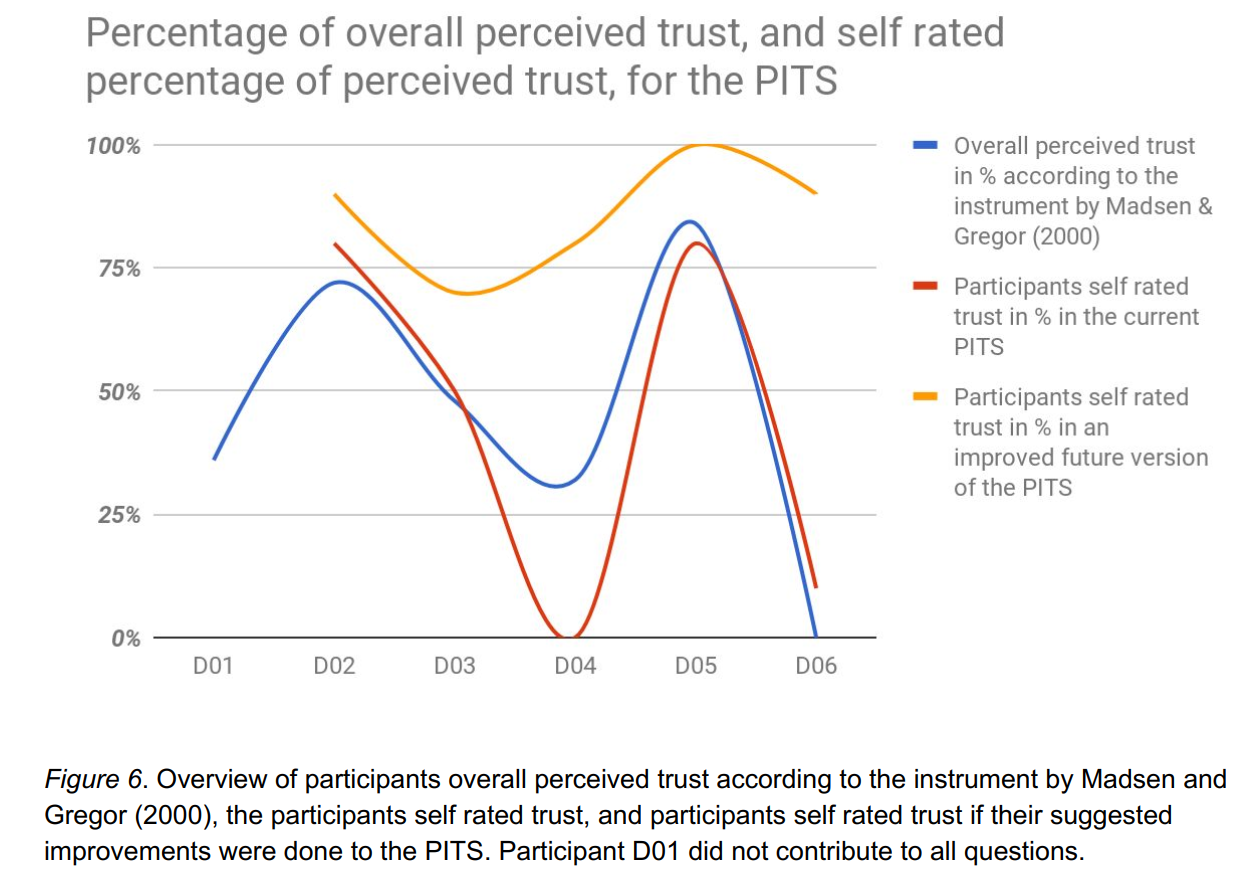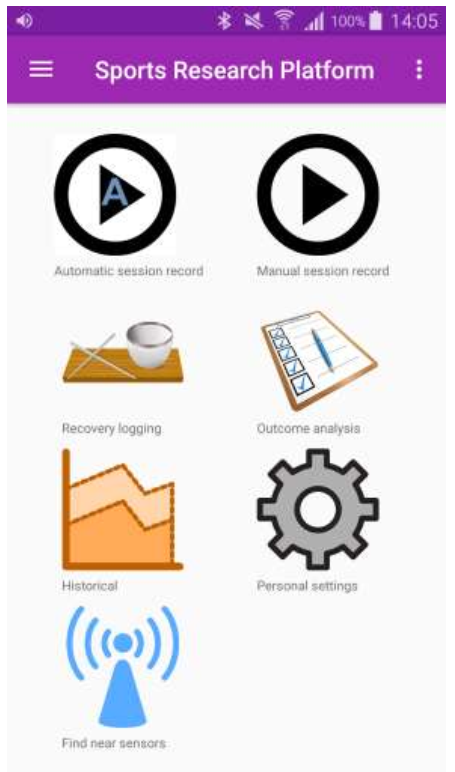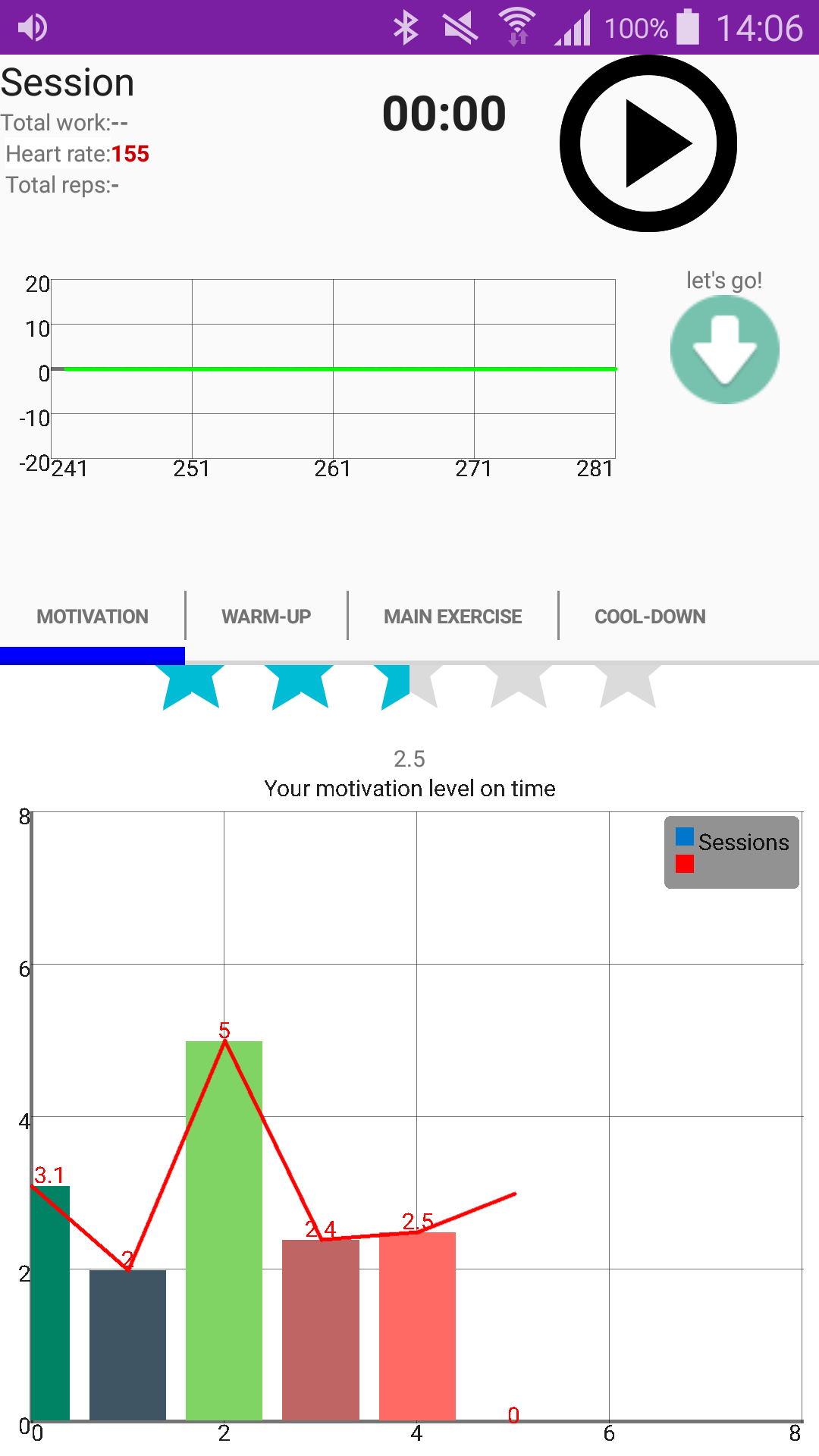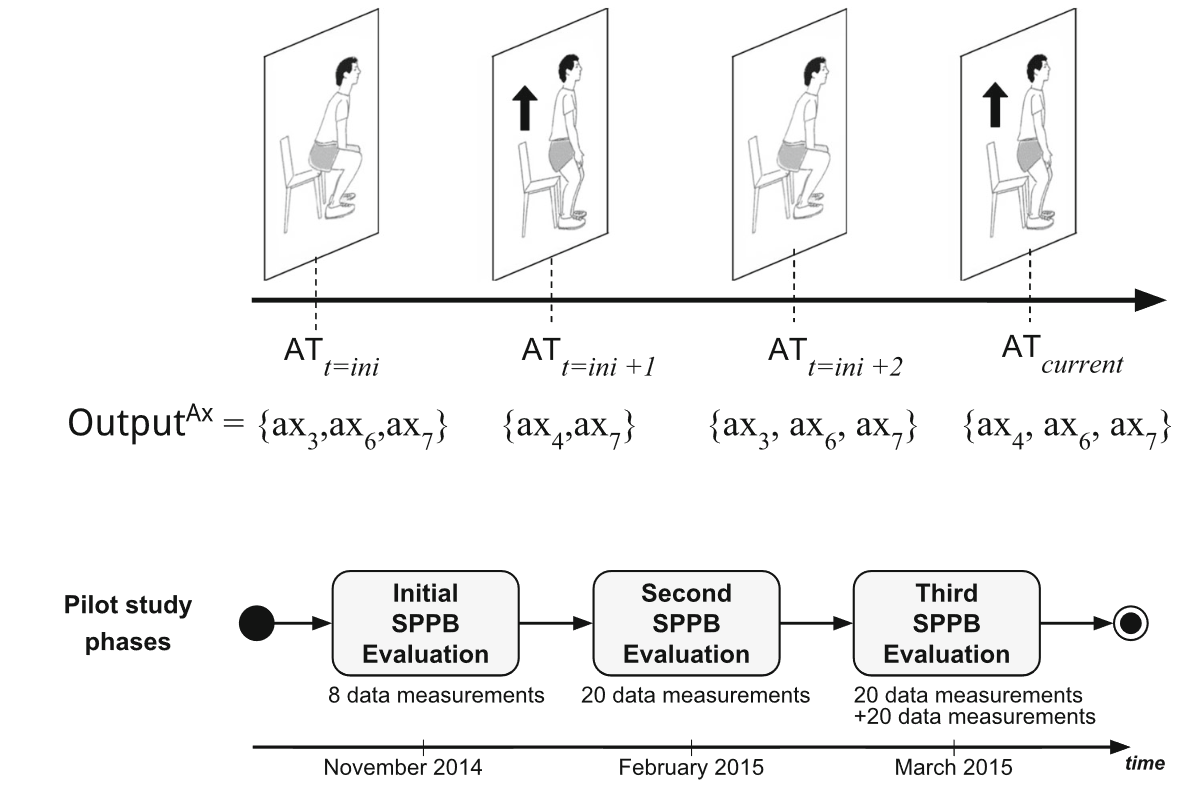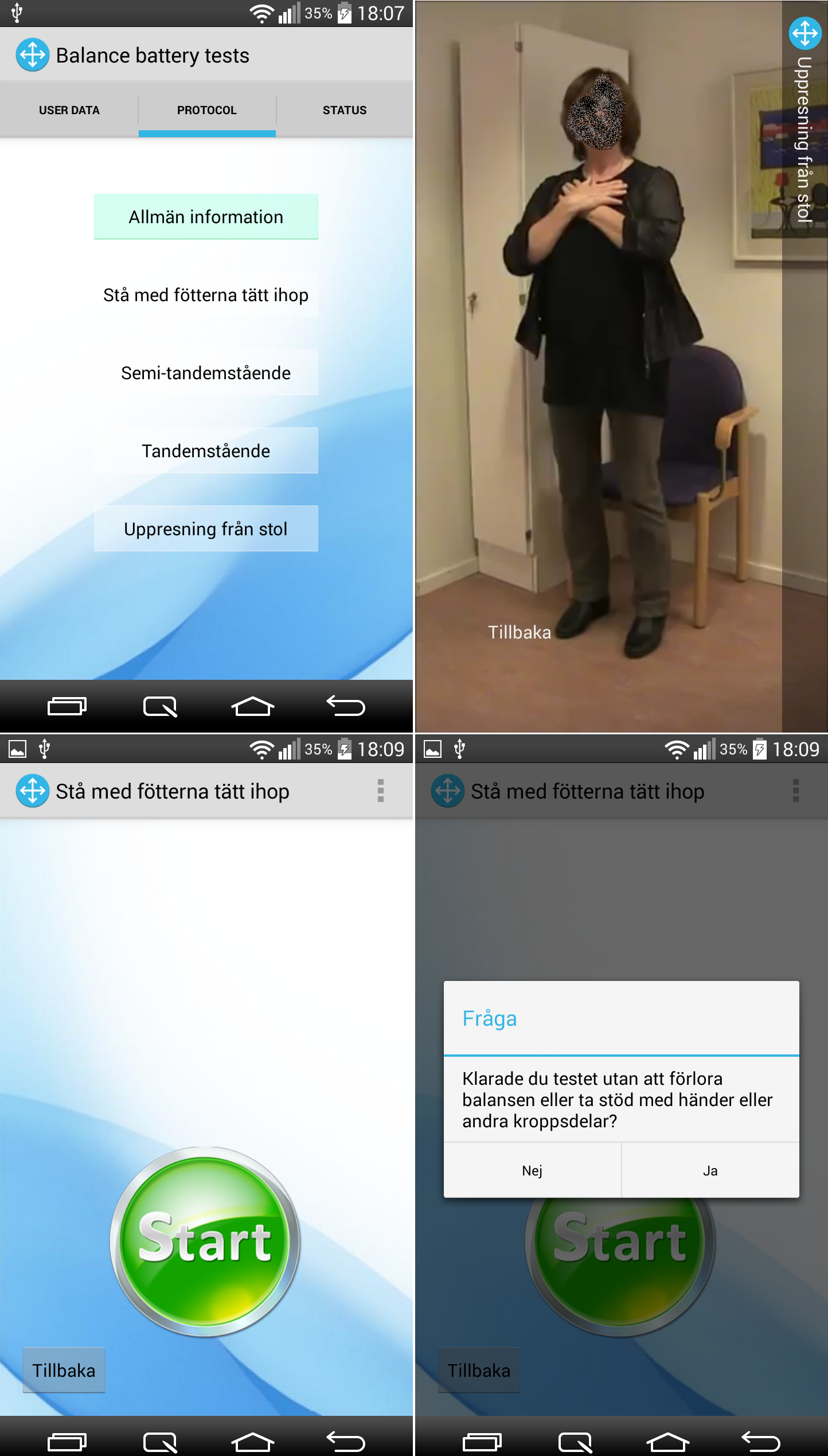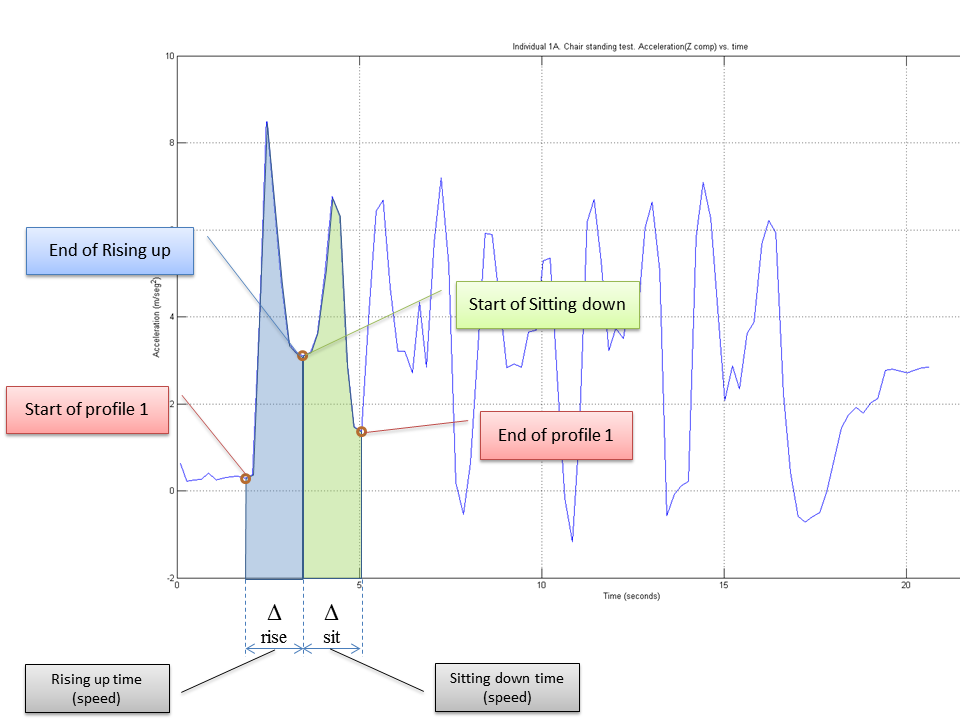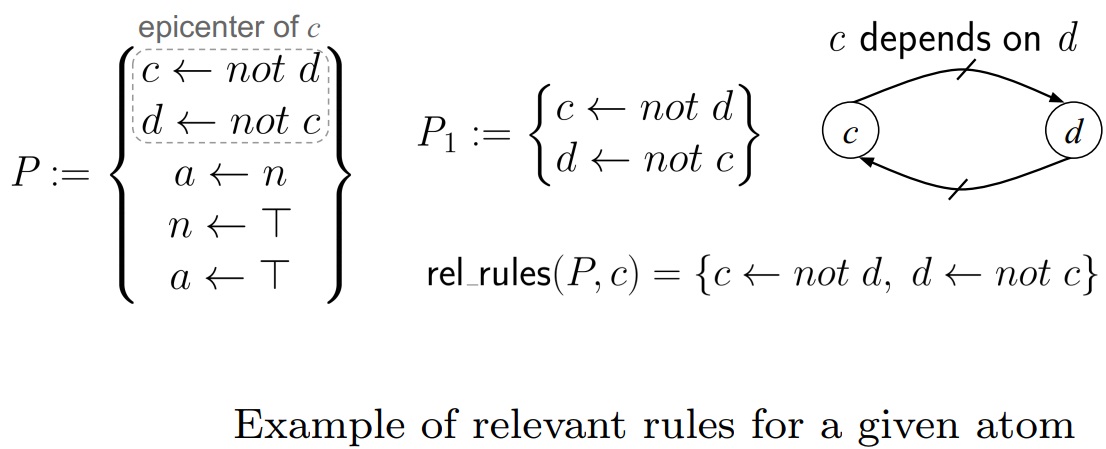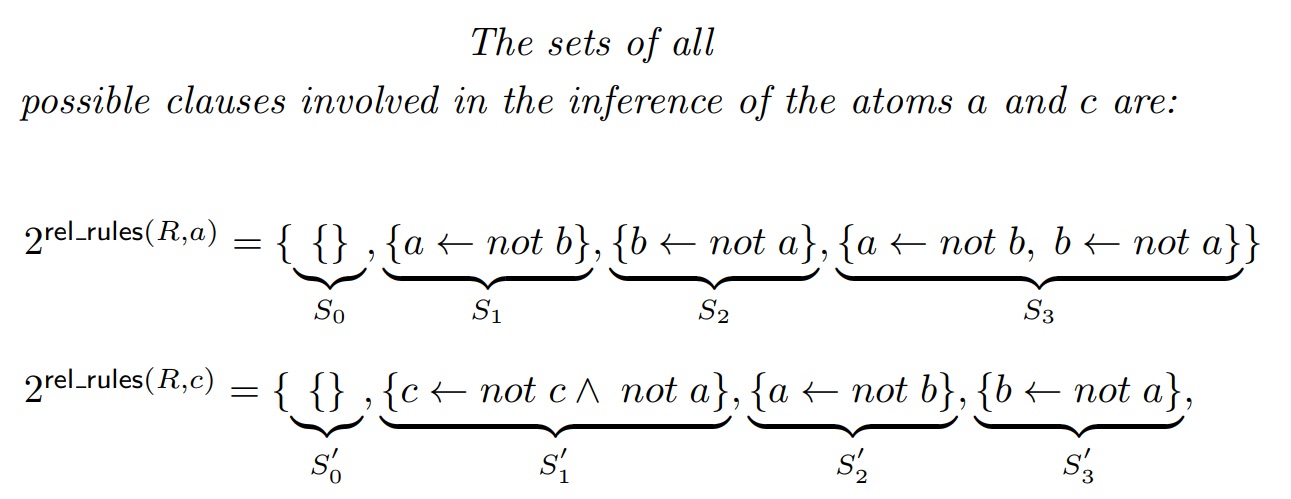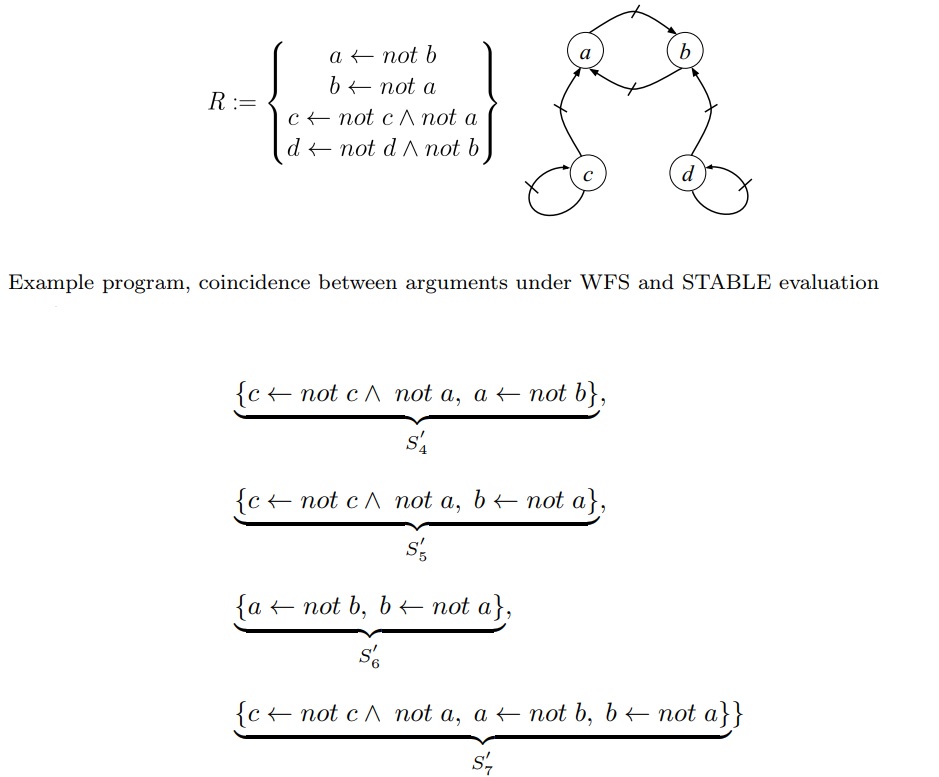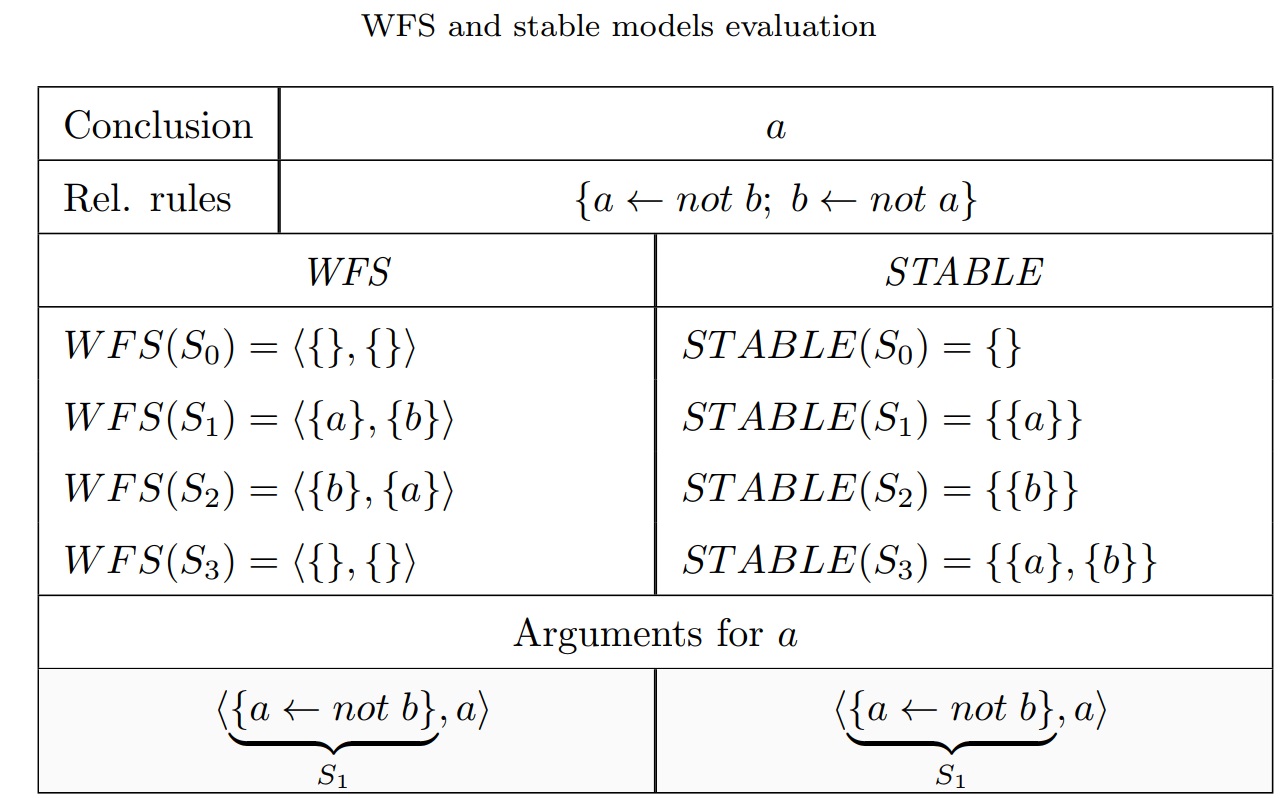Dr. Esteban Guerrero
Artificial Intelligence-related Projects
Theoretical and applied projects
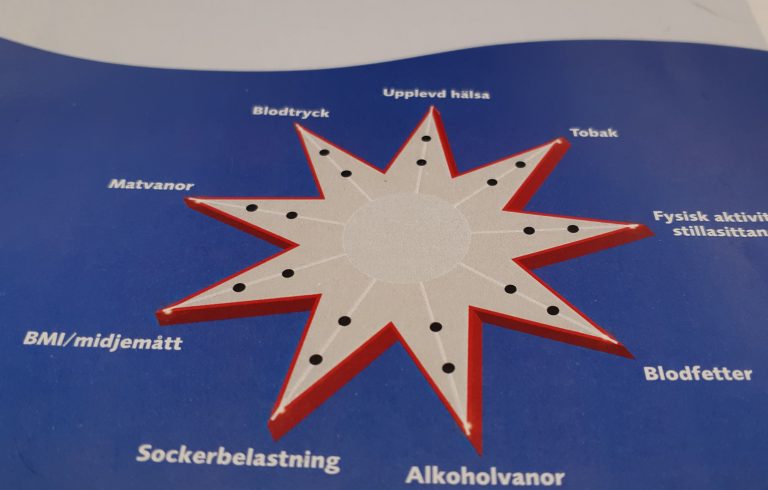
STAR-C: Sustainable behaviour change for health supported by person-Tailored, Adaptive, Risk-aware digital Coaching in a social context
Partners: Department of Computing Science, Department of Epidemiology and Global Health, Department of Culture and Media Studies and Department of Social Work Umeå UniversityProject period:
2018-12-01 – 2024-11-30
Funding agency:
FORTE
Budget:
14'940.000 SEK (Swedish krona)
Research subject: Public health and community medicine
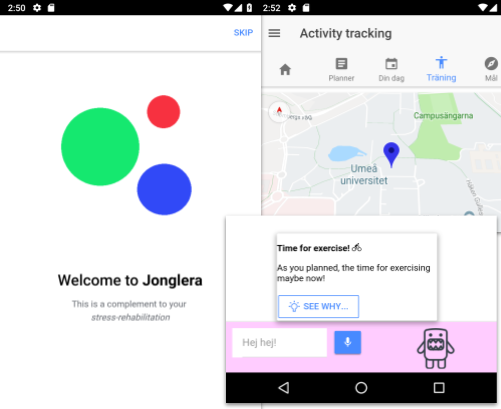
Jonglera - an agent-based coaching system for stress management
Partners: Computing Science dept. and dept. of Psychology, Umeå UniversityKey words: multi-agent system; argumentation theory; coalitions; stress; psychology
2017-2019
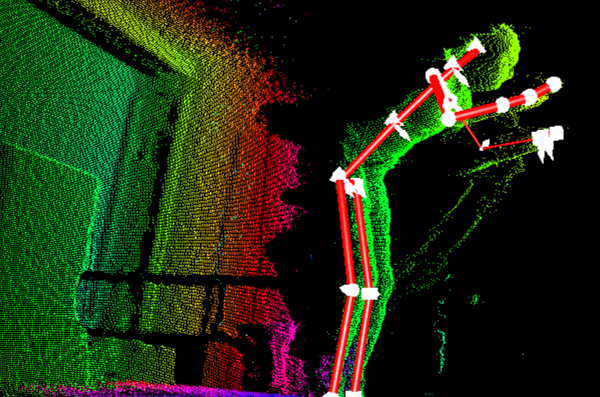
Intelligent skiing coach
Partners: Computing Science dept. and Umeå School of Sport Sciences, Umeå UniversityKey words: 3D camera; machine learning; multi-agent system; biomechanics
2017-
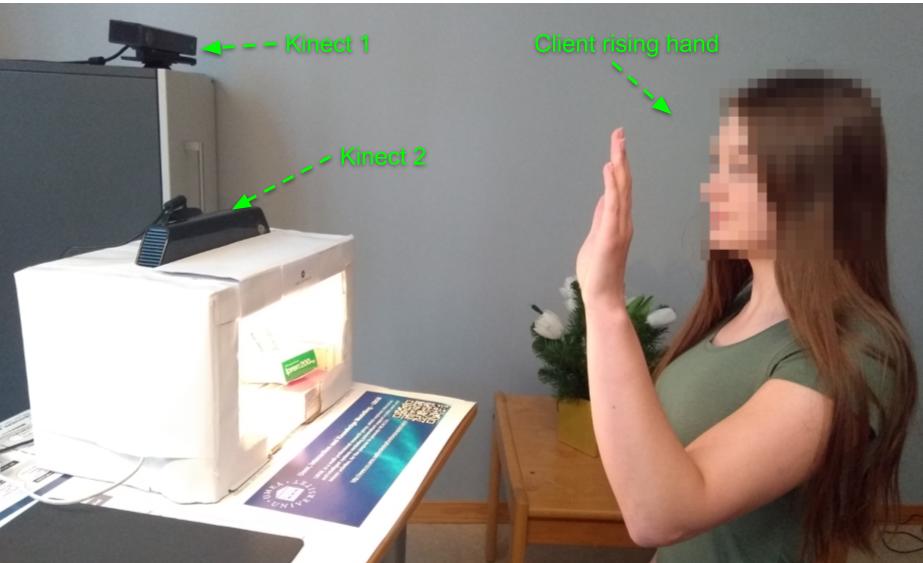
Autonomous adaptation of software agents in the support of human activities
Partners: Computing Science dept. Umeå University Sweden and Human Performance and Technology Lab., National Taiwan University, TaiwanKey words: Argumentation theory; Rational agents; Assistive technology; Human activity; Activity theory; multi-agent system;
2018-2019
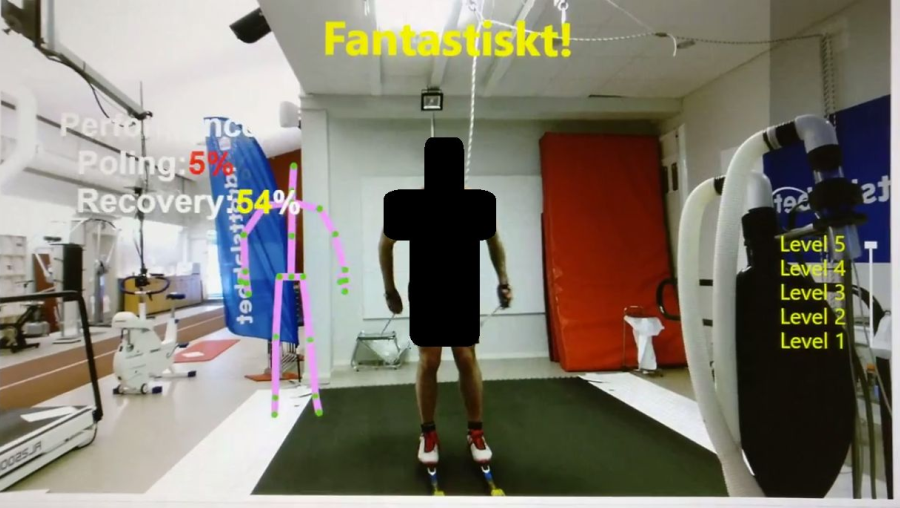
Towards a trusted intelligent coach
Partners: Computing Science dept. and Umeå School of Sport Sciences, Umeå UniversityKey words: 3D camera; machine learning; multi-agent system; biomechanics
2018-
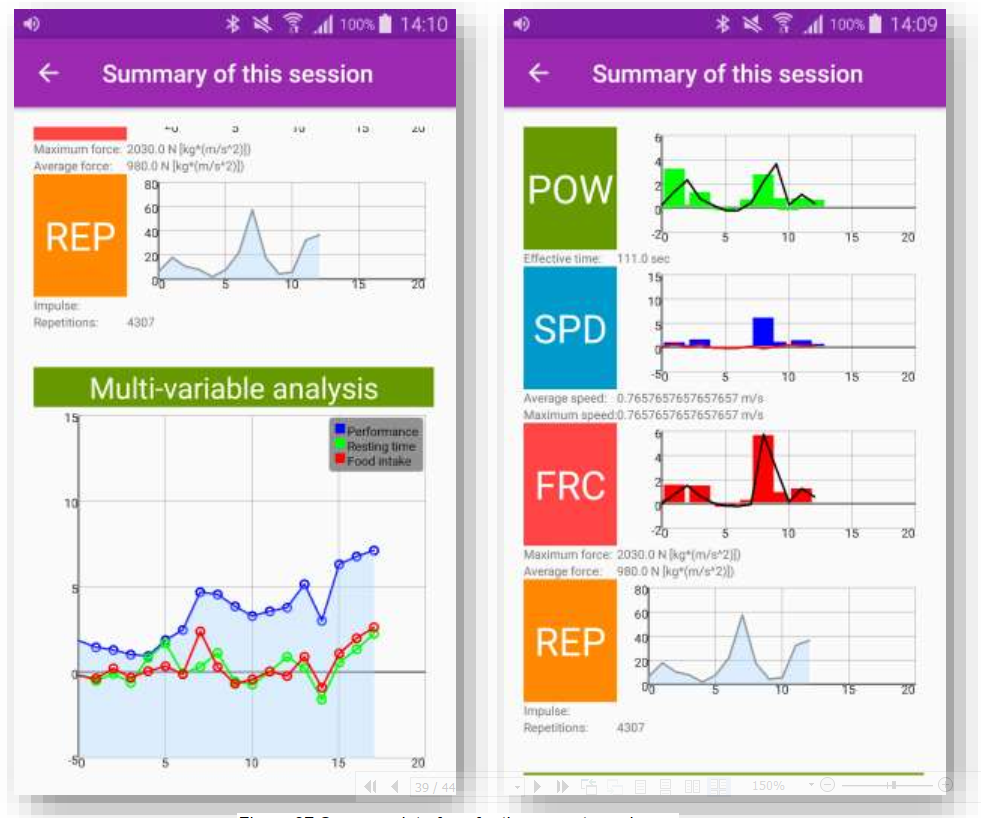
Mobile sports science platform
Partners: Computing Science dept. and Umeå School of Sport Sciences, Umeå UniversityKey words: mobile application; multi-agent system; sensors;
2016-2017
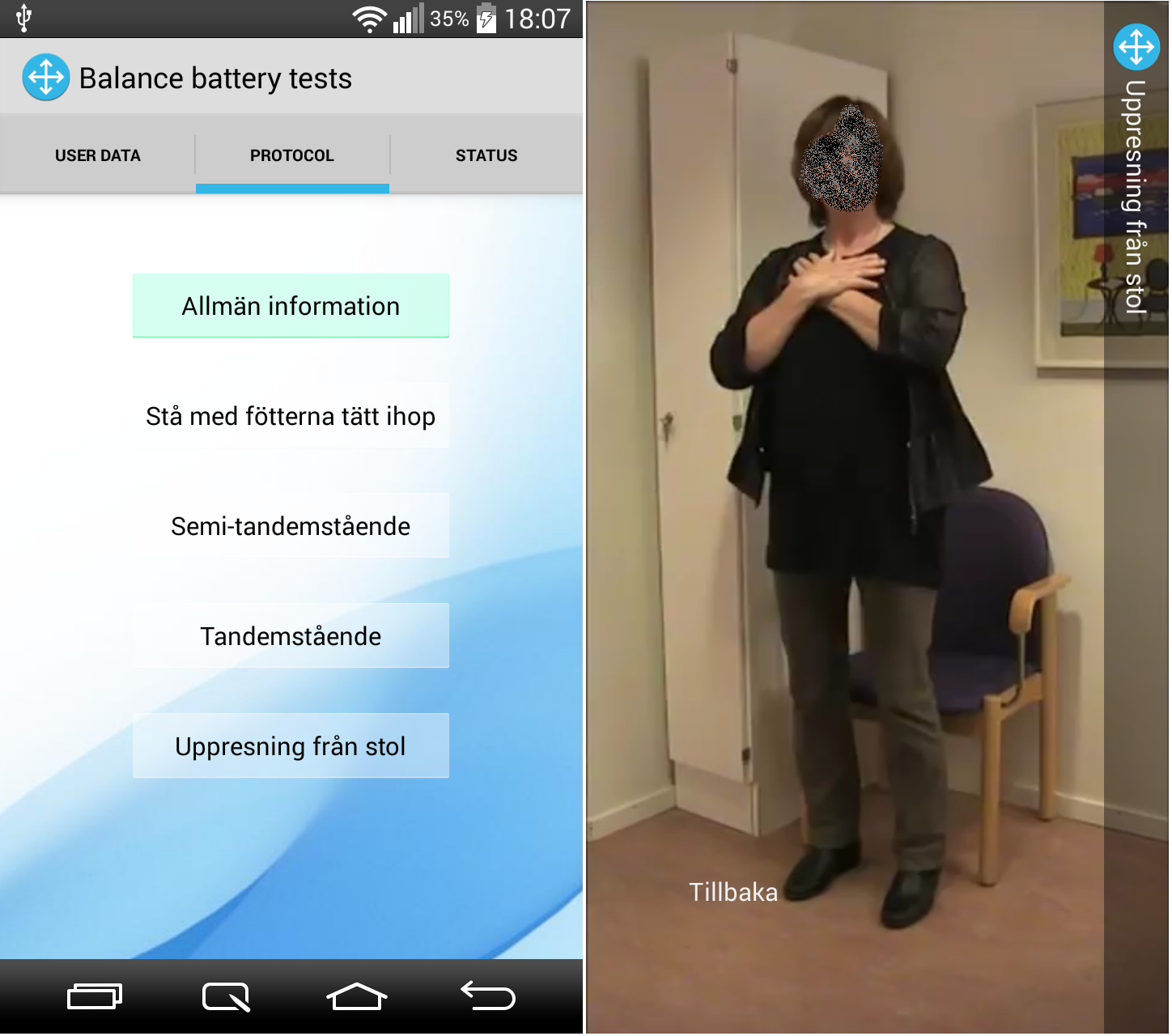
Balansera
Partners: Computing Science dept. and Department of Community Medicine and Rehabilitation, Physiotherapy Unit, Umeå UniversityKey words: balance; strength; older adults; multi-agent system; sensors; mobile application
2014-2015
